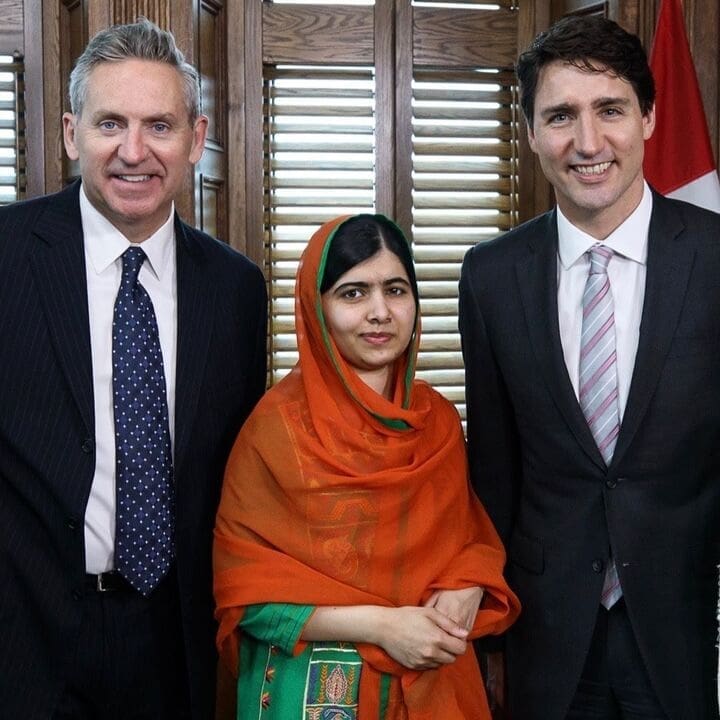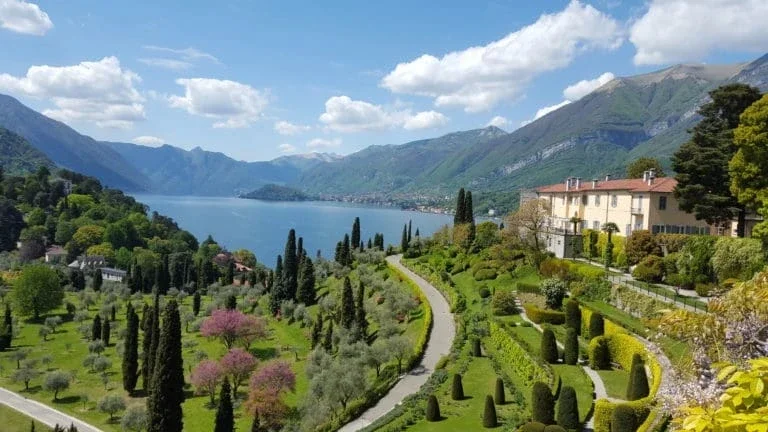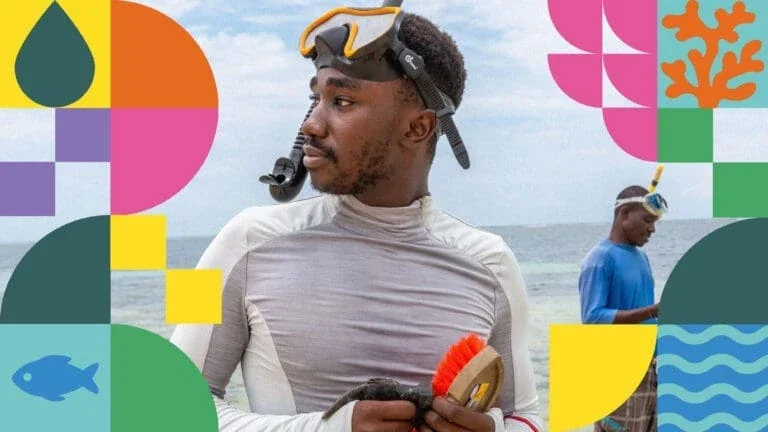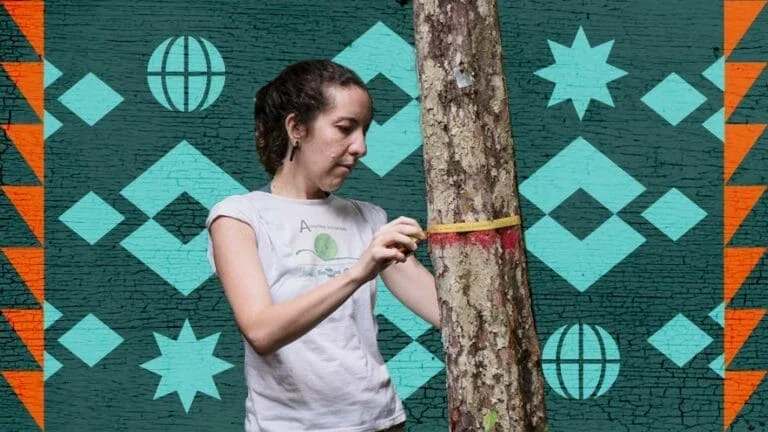Eason Jordan grew up in Atlanta and began working for CNN while he was still in college, initially earning $3.25 an hour.
He went on to spend 23 years at CNN, rising to become its Chief News Executive and President of Newsgathering and International Networks. He crisscrossed the Mideast, made 10 trips to North Korea and more than 50 trips to China and Cuba, and dealt with 10 Israeli prime ministers, to single out just a handful of highlights.
In 2012, he joined NowThis, a digital video news service, as its founding general manager. Then he was key to founding the Malala Fund, serving as its first director and working closely with Malala Yousafzai, a Pakistani education activist who became the youngest ever Nobel Peace Prize laureate after being shot in the head by a Taliban gunman when she was 15 years old.
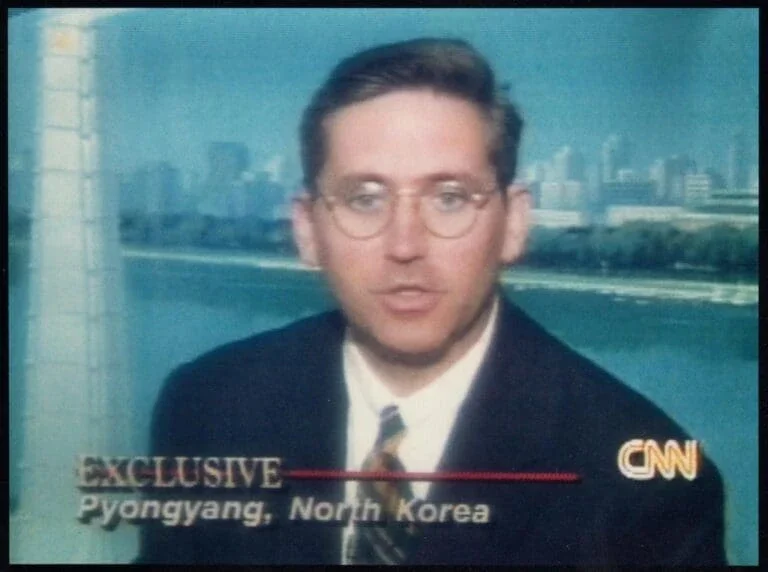
“For four years after that, I worked with and for a teenage girl, and it was one of the most rewarding periods of my life,” Jordan recalled.
Before joining The Rockefeller Foundation this year, he ran his own company in the Middle East, working frequently in warzones. “I like working with inspiring changemakers,” he said.
More in this Matter of Impact Edition
The Magic of Convenings
This quarter's Matter of Impact dives deep into why convenings matter, and why we need to make time for them to achieve impact.
read moreGEAPP Leadership Council Unites World Leaders To Drive Green Energy Access
Founded in 2022 to galvanize critical climate action and drive down the cost of green energy in low- and medium-income countries, the GLC works with great urgency.
read more